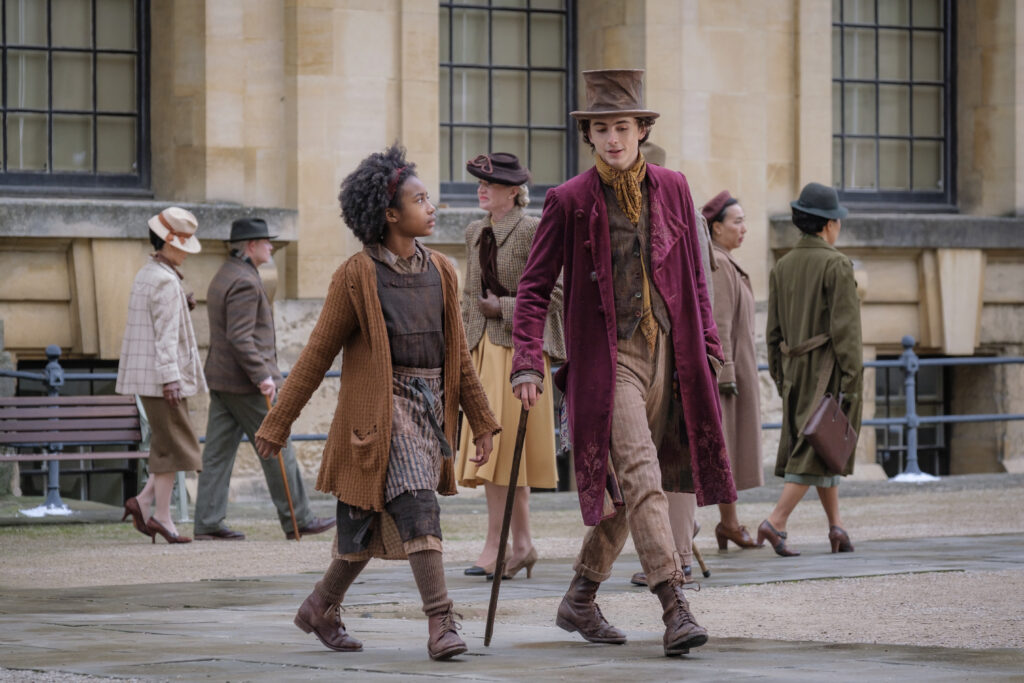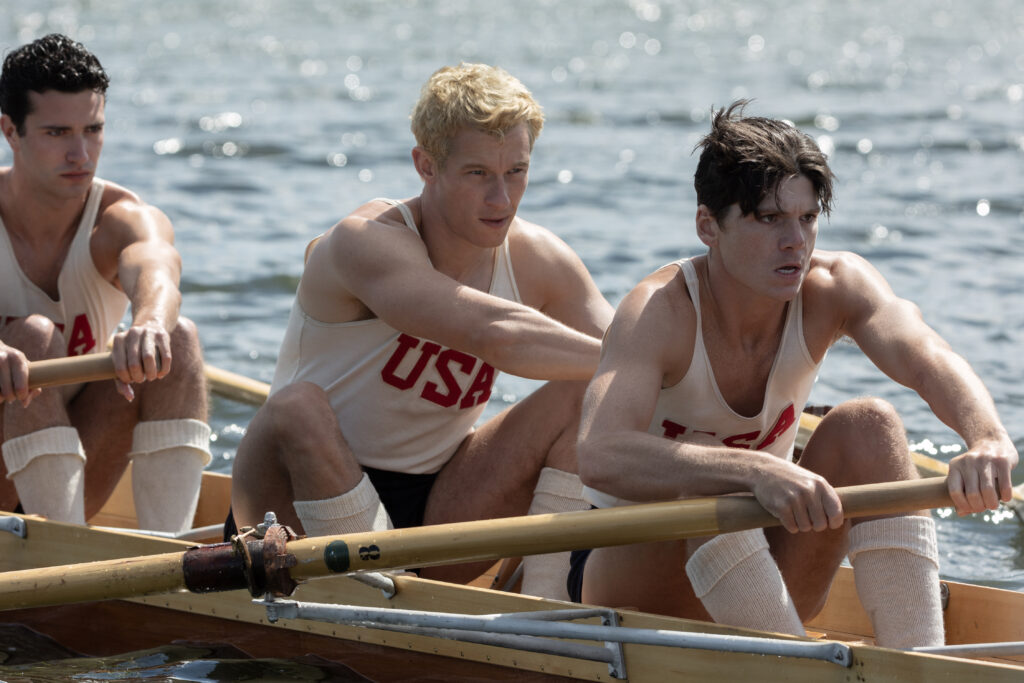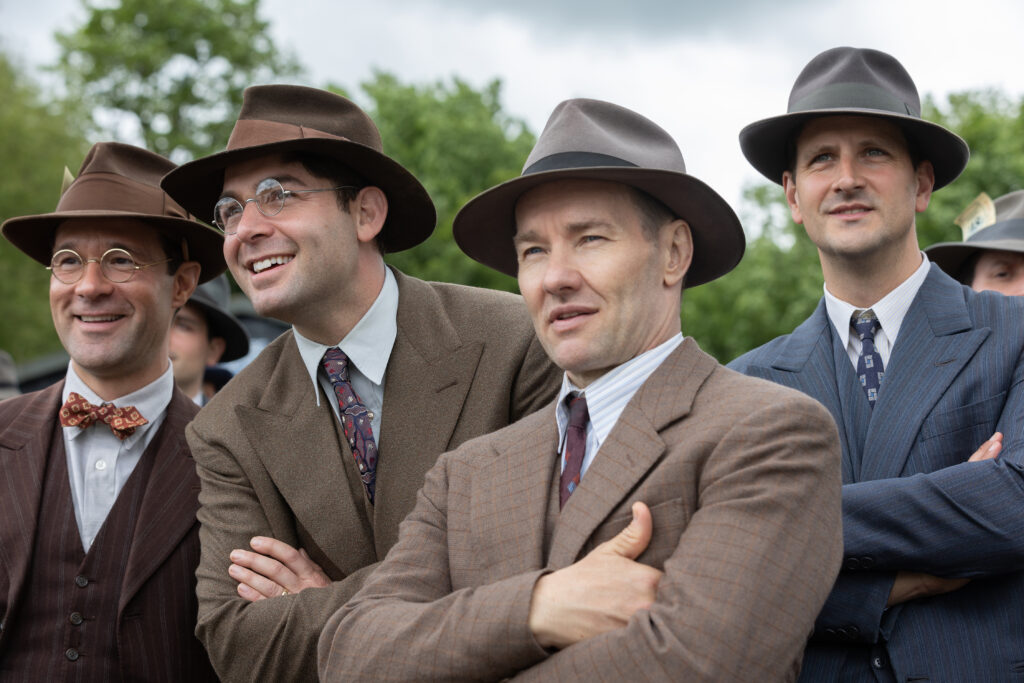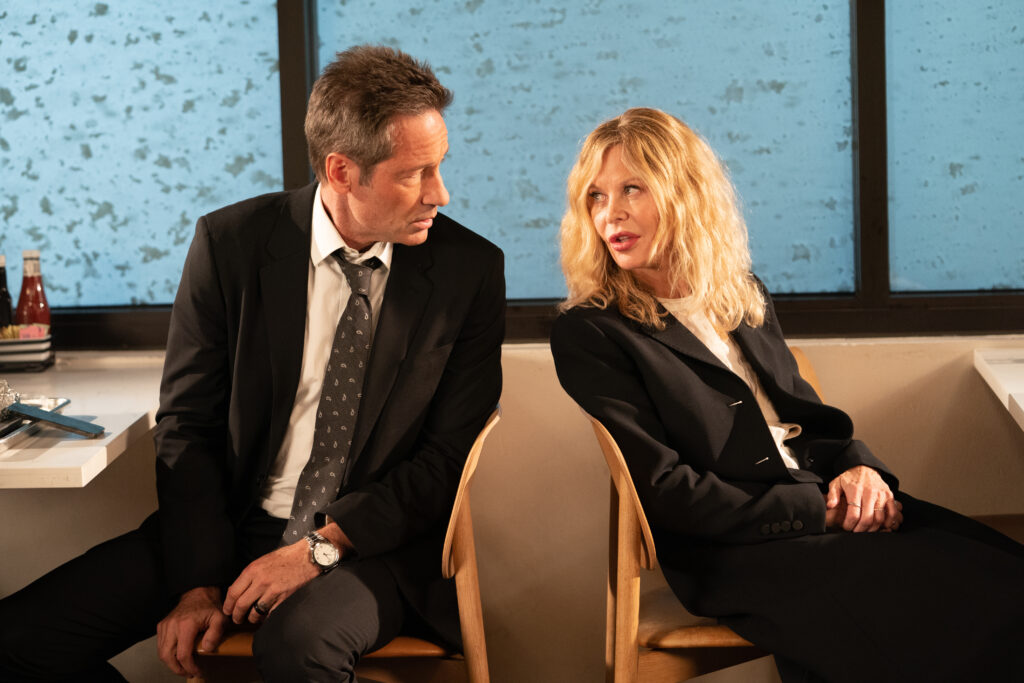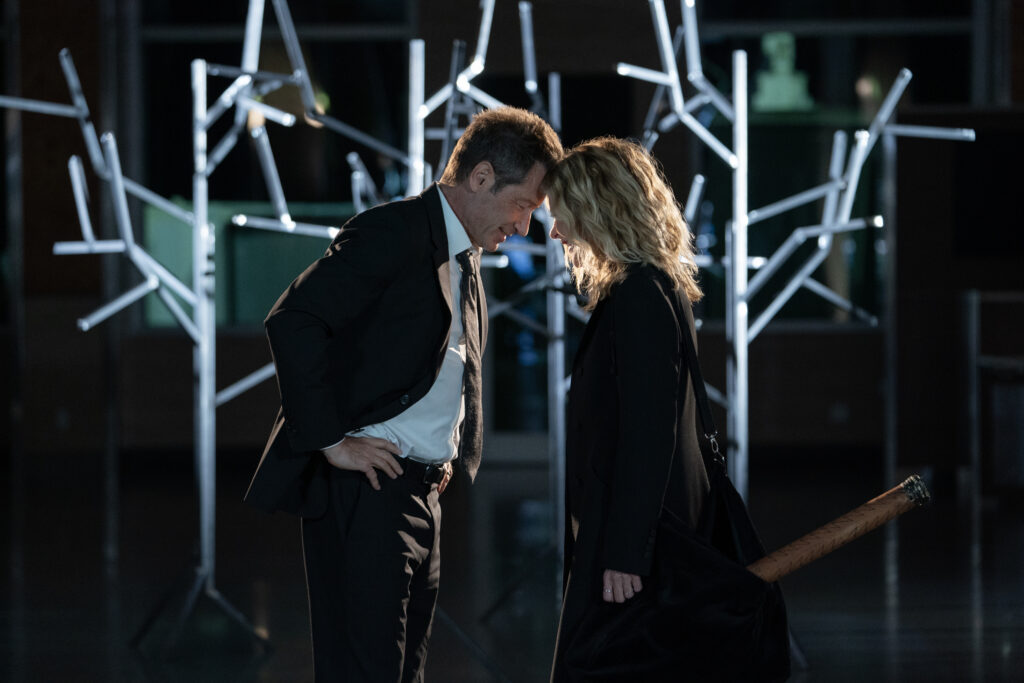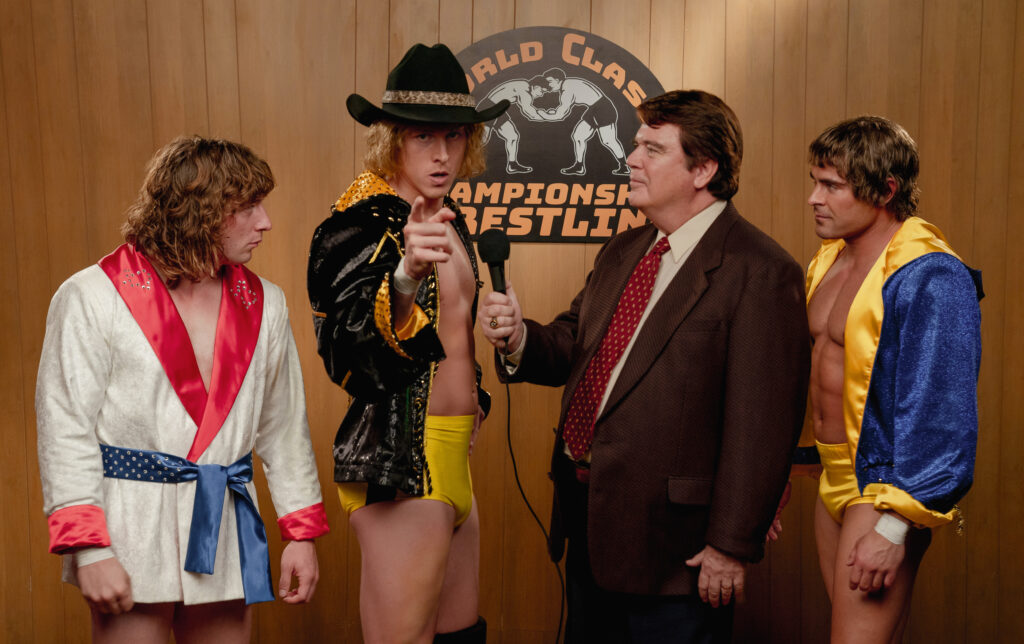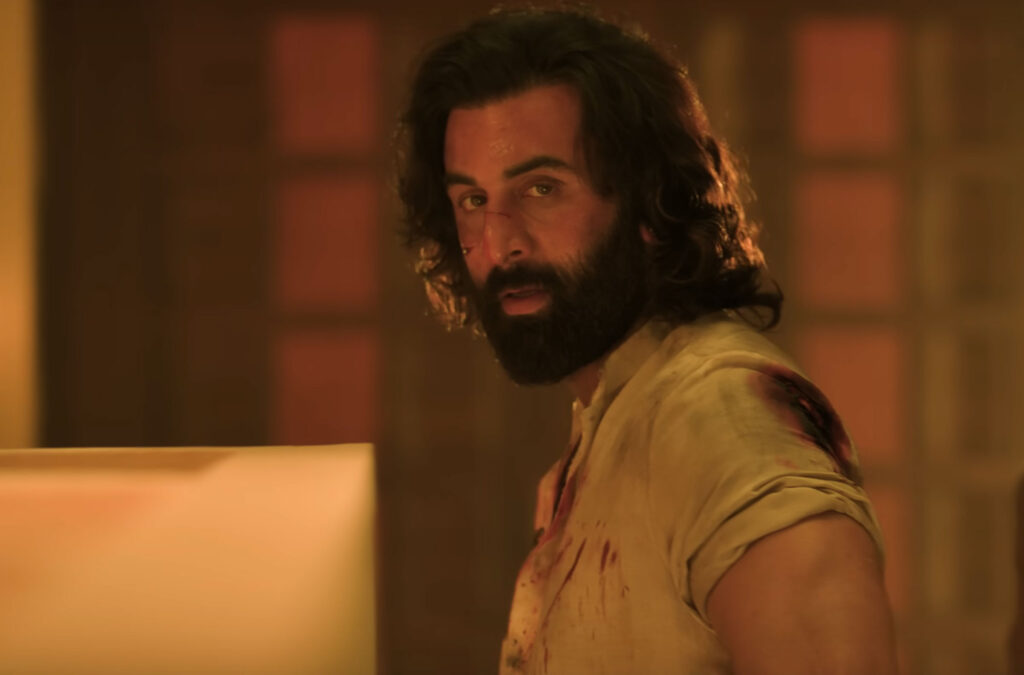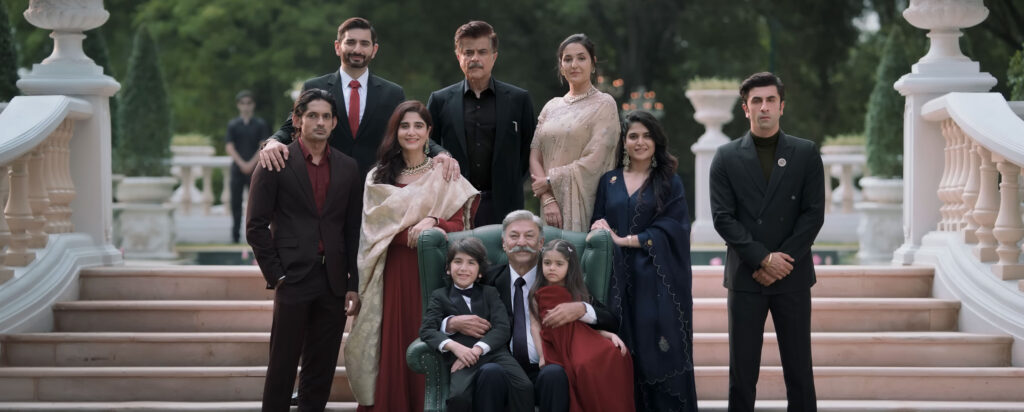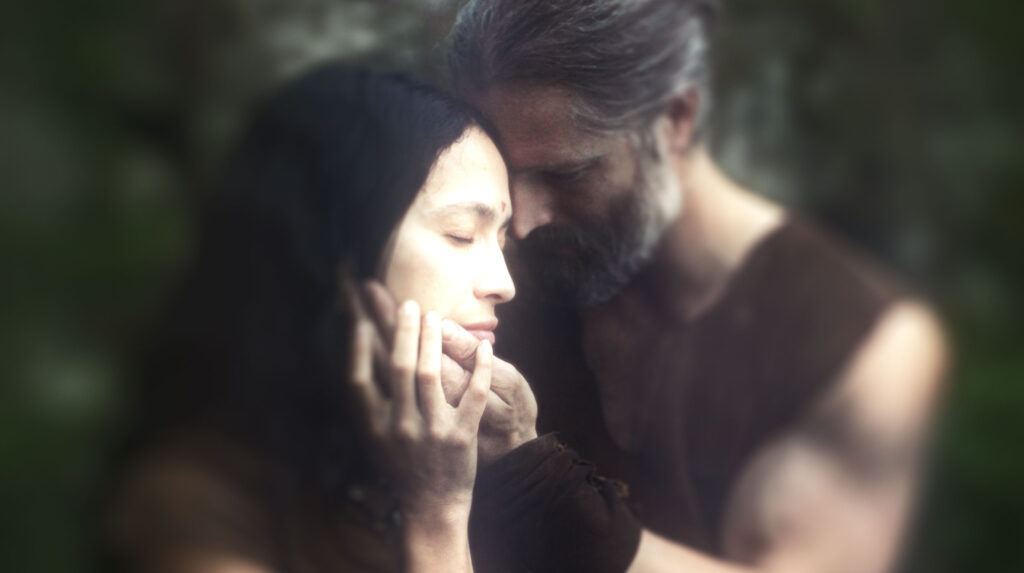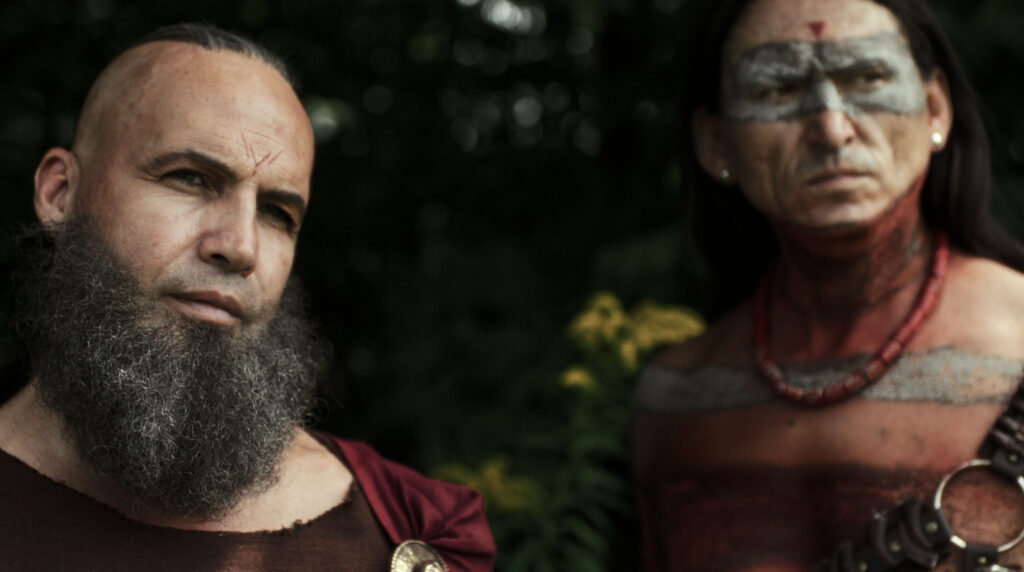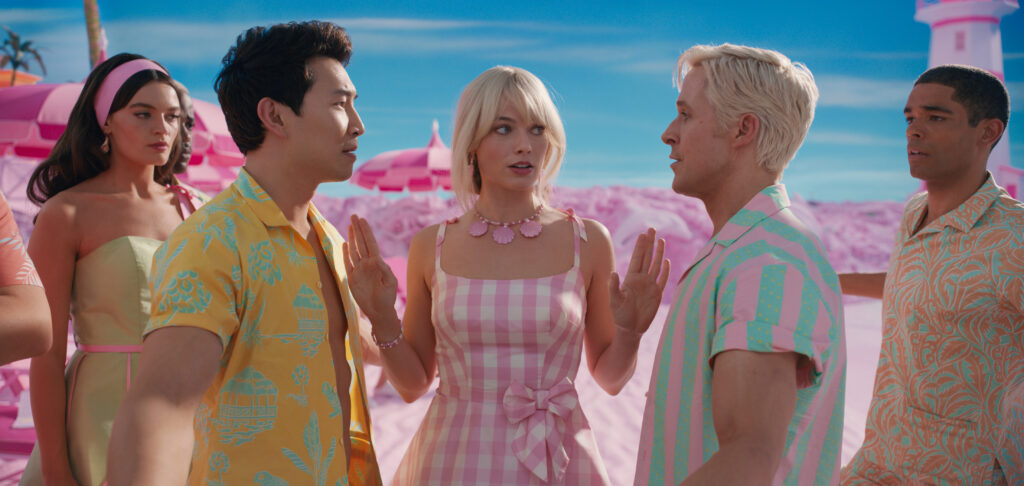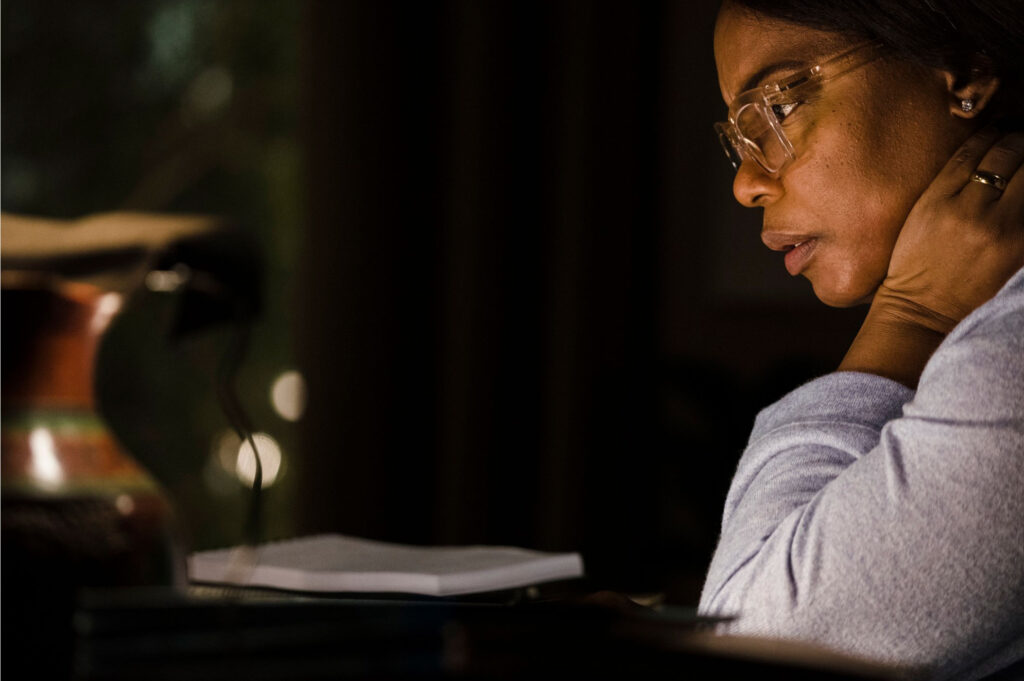December 18, 2023
by Carla Hay

“Aristotle and Dante Discover the Secrets of the Universe”
Directed by Aitch Alberto
Some language in Spanish with subtitles
Culture Representation: Taking place in 1987, in El Paso, Texas, and in Chicago, the dramatic film “Aristotle and Dante Discover the Secrets of the Universe” (based on the 2012 novel of the same name) features a predominantly Latin cast of characters (with some white people) representing the working-class and middle-class.
Culture Clash: When a 16-year-old brooding loner meets a teenage boy of the same age who has an opposite personality, they become unlikely friends that could turn into something more, but one of the teens is afraid to admit this romantic attraction.
Culture Audience: “Aristotle and Dante Discover the Secrets of the Universe” will appeal primarily to people who are interested in watching well-acted coming-of-age dramas told from a queer perspective.
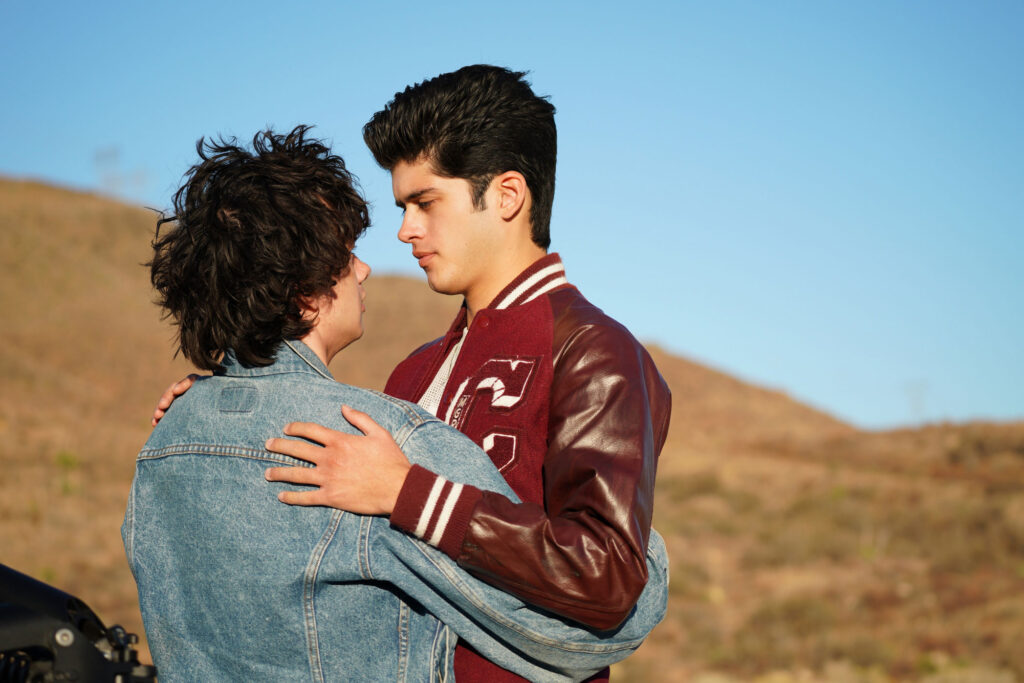
“Aristotle and Dante Discover the Secrets of the Universe” isn’t just another “opposites attract” movie. The engaging and realistic performances by Max Pelayo and Reese Gonzales keep things interesting in this self-identity teen drama when the story starts to wander and get unfocused. The ending is predictable, but the journey to get there is worth watching.
Written and directed by Aitch Alberto, “Aristotle and Dante Discover the Secrets of the Universe” is based on Benjamin Alire Sáenz’s 2012 novel of the same name. The movie had its world premiere at the 2022 Toronto International Film Festival. It’s an emotionally authentic story about friendship and young love that happens to also be about coming to terms with someone’s true sexuality.
The movie, which takes place in 1987, begins in El Paso, Texas. That’s where 16-year-old Aristotle “Ari” Mendoza (played by Pelayo) lives with his parents. Ari’s father Jaime Mendoza (played by Eugenio Derbez, one of the movie’s producers) is a mailman. Ari’s mother Liliana Mendoza (played by Veronica Falcón) appears to be a homemaker. Ari is a student at Austin Public High School, where he is a quiet and introverted loner.
Ari has a brother who’s about 10 years older named Bernardo, who is in prison. Bernardo went to prison when Ari was too young (about 5 years old) to know what happened. Ari’s parents have refused to tell Ari why Bernardo is in prison because it’s a shameful secret. The only thing that Ari knows is that Bernardo is in prison for a violent crime.
There’s a scene early on in the movie where Ari and Liliana are in the kitchen in their family home. She gets upset when Ari jokes that he’s going to join a gang. “I’m Mexican,” Ari says. “Isn’t that what we do?”
In the beginning of the movie, Ari says in a voiceover: “One summer night, I fell asleep, hoping the night would be different when I woke up. In the morning, I opened my eyes, and the world was the same.” However, that summer, Ari would meet someone special, and both of ther lives would never be the same.
That special someone is Dante Quintana (played by Gonzales), who meets Ari for the first time when they happen to be at the same public swimming pool. Dante offers to teach Ari to swim when he notices Ari struggling a little bit in the pool. Ari is too proud to ask for a lot of help, but he and Dante strike up a conversation. It’s not that hard to do because Dante is very friendly and talkative.
The conversation turns into a genuine friendship, despite Dante and Ari having opposite personalities and different family backgrounds. Dante’s father Sam Quintana (played by Kevin Alejandro) is a university professor. Dante’s mother Soledad Quintana (played by Eva Longoria) is sophisticated and very open-minded. Dante (who is an only child) mentions at one point in the movie that he has Mexican heritage because of his mother’s side of the family.
Ari’s and Dante’s bedrooms are also a study in contrasts. Ari’s room is small and uncluttered, with nothing hanging on the walls. Dante’s room is large, cluttered and messy. Each of their rooms is a reflection of how they live their lives. Ari is guarded and doesn’t easily reveal himself to a lot of people. Dante, who doesn’t really care if people think he’s a little weird, lives his life exuberantly.
Ari and Dante eventually meet each other’s parents. When Dante meets Ari’s parents for the first time, he gives them a book of Mexican art. Dante says that it was Dante’s father’s idea to give this gift. Dante is the type of person who likes artsy independent films, while Ari likes more mainstream entertainment. Ari looks like he could be a heartthrob athlete. Dante looks like he could be a sensitive intellectual.
Dante and Ari’s close friendship continues after their summer break is over and the new school year begins. Dante is new to the school, so Ari has to be the one to tell him to steer clear of the school’s chief gossip Gina Navarro (played by Isabella Gomez) and her equally nosy sidekick Susie Byrd (played by Hanani Taylor), who both immediately notice how close Dante and Ari are. As far as Ari is concerned, he wants everyone to think that he’s heterosexual and that his seemingly unlikely friendship with Dante is strictly platonic.
Ari becomes so close to Dante and Dante’s parents, they all go on a camping trip together. It’s during this trip that Ari and Dante look through a telescope. Dante tells Ari, “Someday, I’m going to discover all the secrets of the universe.”
The friendship of Dante and Ari is put to the test when Dante drops some surprising news: Dante’s father accepted a year-long visiting professor job at the University of Chicago. The middle section of the movie shows what happens when Dante is in Chicago and Ari is in El Paso. Dante writes letters to Ari, and they both go on dates with girls who are about the same age.
Ari’s would-be love interest is a schoolmate named Elena Tellez (played by Luna Blaise), who makes the first move in flirting with Ari. As for Dante, it’s obvious that Dante is not entirely comfortable being romantic with girls, and he’s been in love with Ari all along. And what about Ari? The rest of the movie is about whether or not Ari can express his true feelings, which are confusing to him and which he often denies.
“Aristotle and Dante Discover the Secrets of the Universe” has some parts of the story that are somewhat mundane and somewhat melodramatic. Because it takes less time for Dante to express his true feelings, the last third of the movie becomes an extended “guessing game” of what Ari will do when he finds out that Dante has romantic feelings for him. The direction of the movie is solid, but the pacing of the film could have been better.
However, because of the talented cast in “Aristotle and Dante Discover the Secrets of the Universe,” viewers will get a good sense of what the characters are feeling from different angles. Although the focus of the story is on Ari and Dante, their parents’ perspectives are also given importance and show why Ari and Dante both have different ways of coming to terms with their respective sexualities. There’s plenty of teen angst in the movie, but what viewers will most remember is that it’s a story about living your truth, even when being honest about who you are and who you love can be painful.
Blue Fox Entertainment released “Aristotle and Dante Discover the Secrets of the Universe” in select U.S. cinemas on September 8, 2023. The movie was released on digital and VOD on November 14, 2023.

